Divided at Home, Pressured from Abroad: Taiwan’s Democratic Crossroads
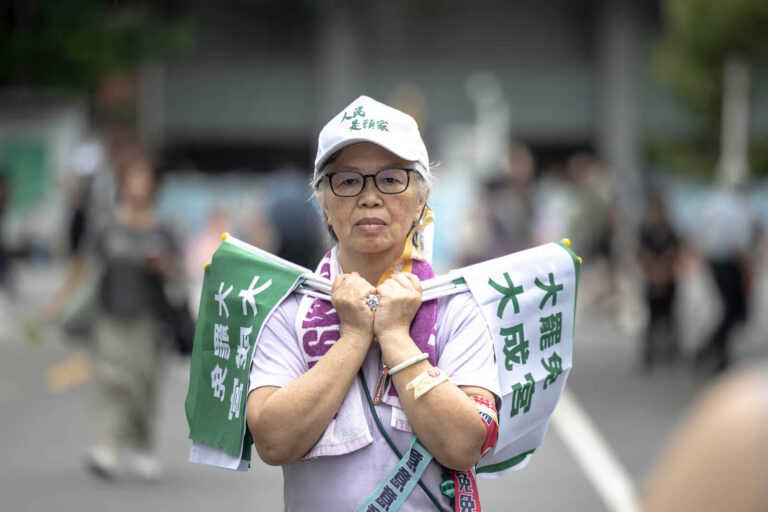
Facing deep political divisions and growing foreign pressure, Taiwan stands at a critical moment in its fight to preserve its national identity and democratic values.

Facing deep political divisions and growing foreign pressure, Taiwan stands at a critical moment in its fight to preserve its national identity and democratic values.
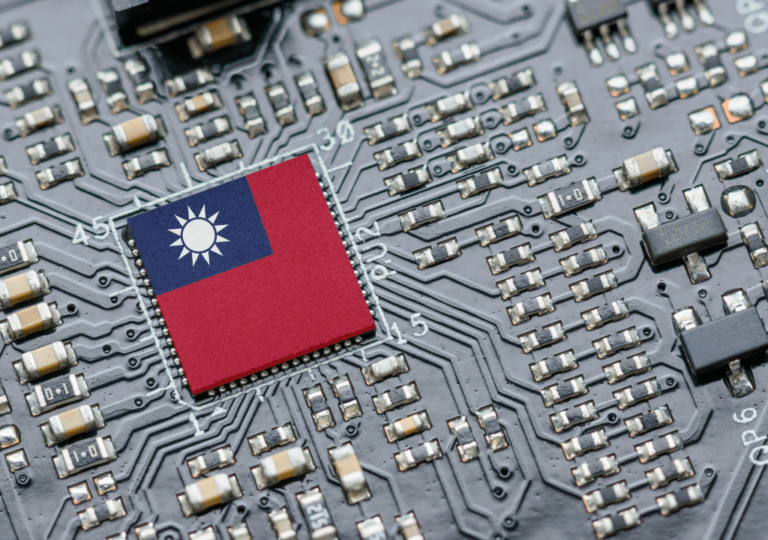
As semiconductor manufacturing moves to the U.S., is Taiwan losing its strategic leverage?

A series of pager explosions in Lebanon killed at least 12 and injured thousands, suspected to involve Israeli intelligence
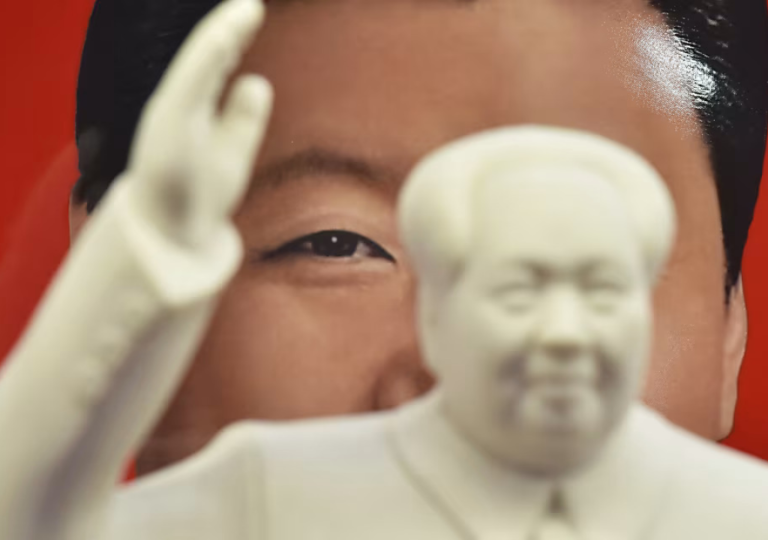
Taiwan questions China's territorial integrity claims, challenging its silence on lost lands to Russia while asserting its own sovereignty
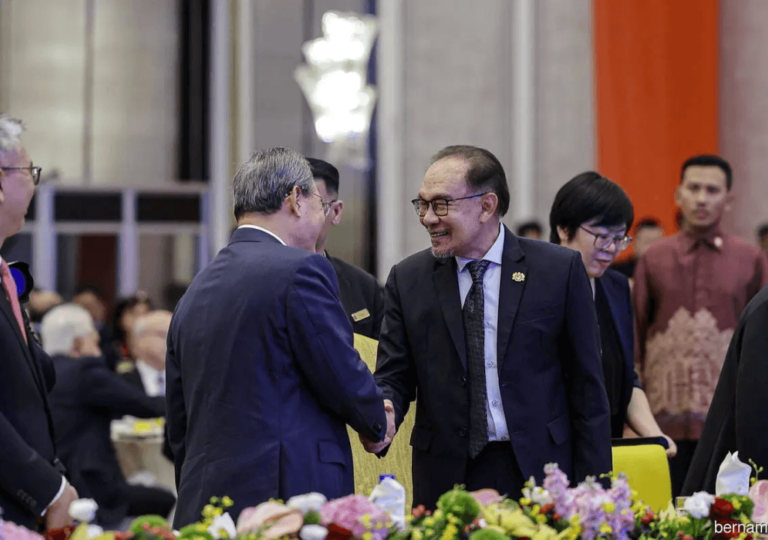
Malaysia's strategic position and semiconductor investments align it with U.S. interests, potentially joining Asian NATO

Taiwan's opposition-controlled parliament has passed a controversial reform bill amid intense protests, raising concerns about the country's democratic system.
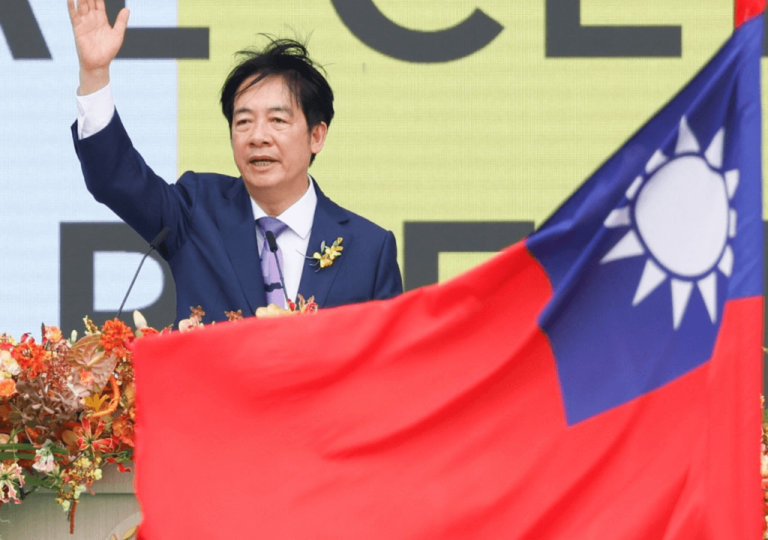
Lai Ching-te, Taiwan's new president, takes a moderate stance on China while focusing on domestic issues like housing costs and wealth divide.
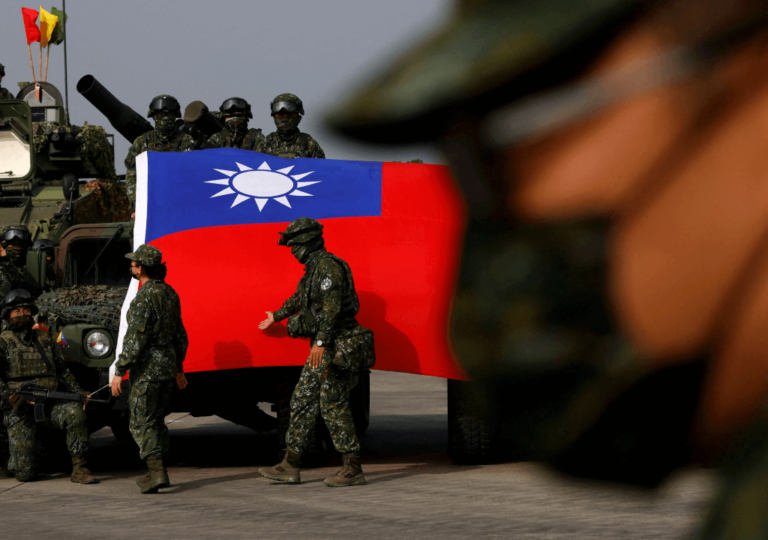
The US Foreign Aid Package allocates $95 billion to Ukraine, Israel, and Taiwan, with a focus on countering Chinese aggression in the Asia-Pacific region.
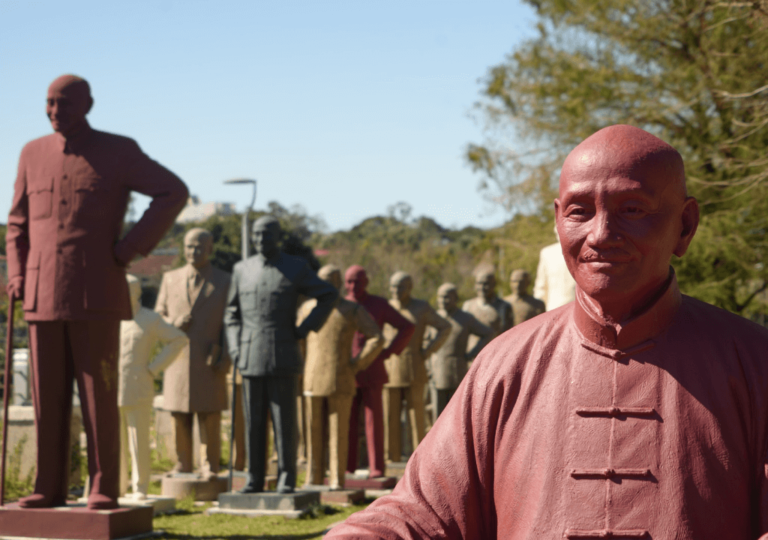
The debate over Chiang Kai Shek's legacy is essentially party-based, with the opposition Kuomintang Party accusing the ruling Democratic Progressive Party of trying to obliterate history.

Taiwan seeks global recognition amid mounting pressures from Beijing, losing Pacific allies but resiliently confronting economic coercion and geopolitical shifts.